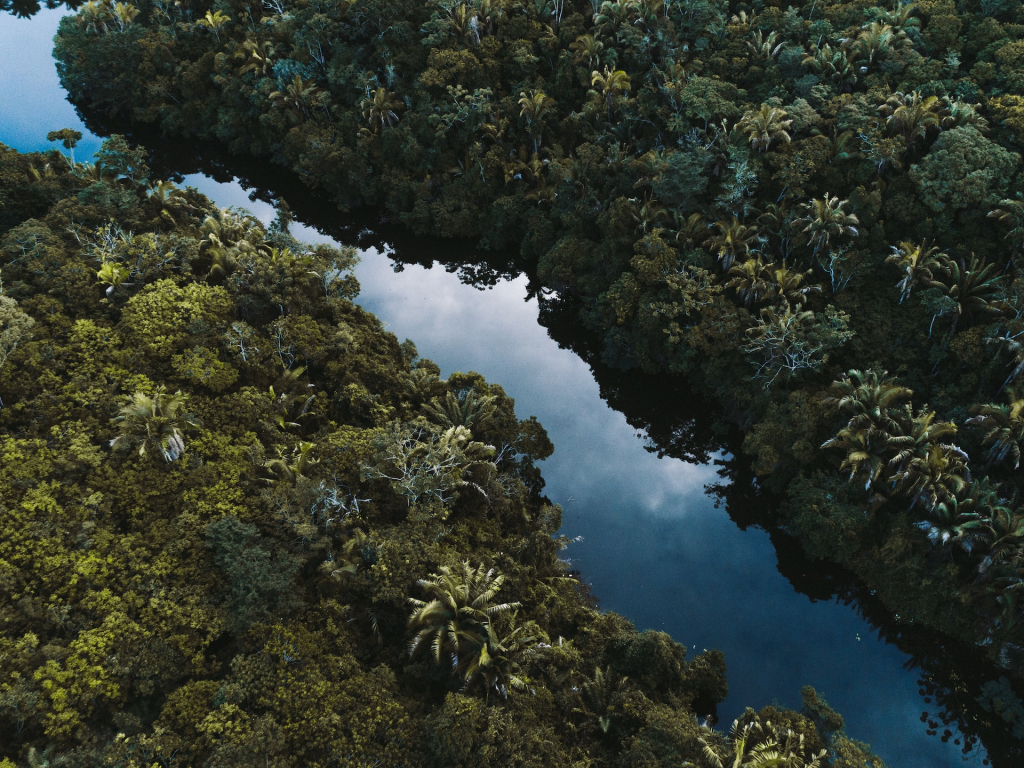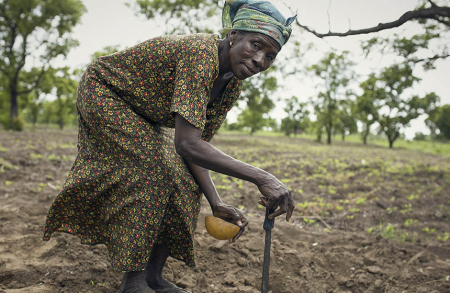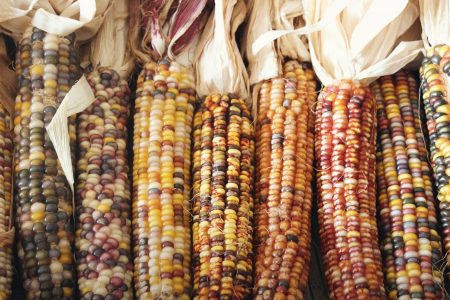Cocoa plantations are associated with deforestation in Côte d’Ivoire and Ghana

In a recent paper published in Nature Food, co-authored by Dr Will Thompson from NbSI, the impact of cocoa cultivation on deforestation in Côte d’Ivoire and Ghana is examined. By combining cocoa plantation data with publicly available satellite imagery in a deep learning framework, the study reveals that cocoa cultivation contributes to more than 37% of forest loss in protected areas in Côte d’Ivoire and over 13% in Ghana. This highlights that official reports underestimate the planted area by up to 40%.
Cocoa production in West Africa involves millions of farmers and a network of middlemen, both in private and public sectors, making sustainability efforts crucial in mitigating deforestation. Since 1950, Côte d’Ivoire and Ghana have experienced significant forest loss, with the highest annual deforestation rates globally recorded in 2018. The paper focuses on the encroachment of cocoa production on native forests in these regions, particularly in protected areas such as Niegre, Scio, and Mt Sassandra in Côte d’Ivoire, as well as Tano Ehuro, Manzan, and Upper Wassaw in Ghana.
The consequences of deforestation driven by cocoa cultivation include biodiversity loss, climate impacts, and threats to food security and livelihoods. Existing map products either lack precision due to small reference datasets or are expensive to update due to manual georeferencing. To address this, the authors propose the creation of accurate, high-resolution maps of cocoa-growing areas. They developed a comprehensive framework deploying publicly available optical satellite imagery to generate a highly accurate map of cocoa production areas.
While the framework offers high accuracy and flexibility in tracking the expansion of cocoa plantations, it currently relies on multiple satellite image acquisitions for each location to compensate for atmospheric disturbances. Weekly monitoring of new cocoa plantations is not yet feasible. Nonetheless, the research emphasizes the potential of satellite imagery and mapping initiatives in informing sustainability efforts undertaken by both public and private entities.
Read the paper here: Cocoa plantations are associated with deforestation in Côte d’Ivoire and Ghana | Nature Food




